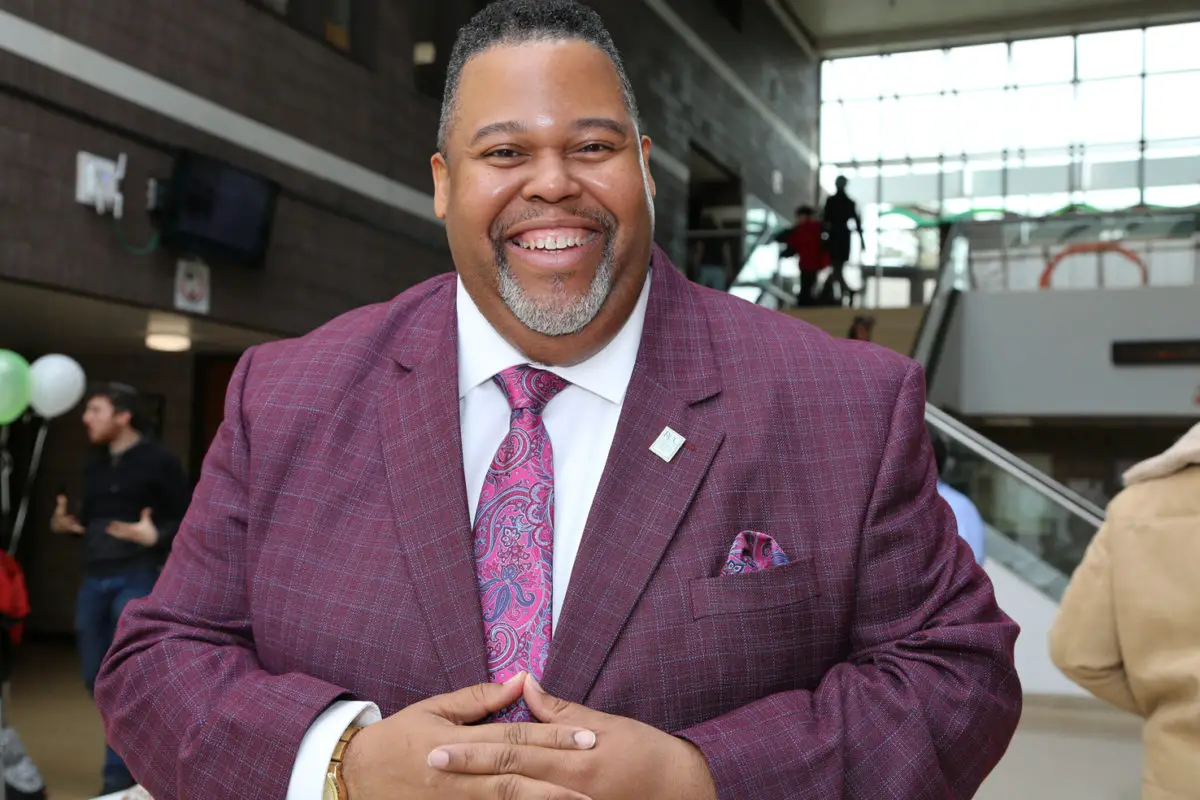Could the very definition of a Class A office building be changed by Covid-19?
Not only could it, it absolutely will, according to Geoffrey Fay, a partner in Bridgeport law firm Pullman & Comley”™s real estate department.
“When you talk about Class A, it”™s been in part tied to the amenities ”” the beautiful lobby, the architecture and all that,” Fay told the Business Journal. “Now we”™re already seeing a shift to it meaning a dedication to the highest possible focus on tenants”™ health.”

Over the last few years, landlords with large portfolios in both Fairfield and Westchester counties have been willing to cede some rentable space in order to offer such amenities as “real” fitness centers, rather than a small room with a couple of machines, Fay said. “They figured, and rightly in many cases, that tenants would be willing to absorb those costs, spend another $2 per square foot in rent.”
The pandemic has the potential to change all that, the attorney said.
For obvious reasons, stricter attention is being paid to recommendations from the Centers for Disease Control and Prevention (CDC), one of which notes that infections with respiratory viruses are principally transmitted through three modes:
Ӣ Contact transmission is infection spread through direct contact with an infectious person such as touching during a handshake or with an article or surface that has become contaminated.
Ӣ Droplet transmission is infection spread through exposure to virus-containing respiratory droplets (larger and smaller droplets and particles) exhaled by an infectious person. Transmission is most likely to occur when someone is close to the infectious person, generally within about 6 feet.
Ӣ Airborne transmission is infection spread through exposure to those virus-containing respiratory droplets comprised of smaller droplets and particles that can remain suspended in the air over long distances (usually greater than 6 feet) and time (typically hours).
Although many landlords are operating buildings in ways that reduce transmission, commonly used lease forms do little to address tenant concerns about what the landlord is obligated to do to ensure safety in a health crisis, Fay said ”” and landlords who resist changing their approach, whether due to cost or other factors, risk losing market share.
While many buildings now offer regular cleaning services, sometimes several times a day during the pandemic, Fay questions whether that is sufficient. Typical cleaning standards may involve wiping down common areas, doors, light switches, and so on ”” but “cleaning” can be a broad term.
“What you want is sanitizing,” he said. Again citing the CDC, he noted that cleaning “removes germs, dirt and impurities from surfaces or objects,” while sanitizing “lowers the number of germs on surfaces or objects to a safe level, as judged by public health standards or requirements.”
“Just ”˜cleaning”™ is no longer sufficient,” Fay said. “There may be multiple tenants using an office building”™s lavatory. Maintaining four people maximum in an elevator and putting up plexiglass in the reception area isn”™t going to be enough.”
HVAC, usually not given a second thought before Covid, is now being reexamined as well, he noted. “A typical lease says that the building”™s HVAC will be in service from 8 to 5, Monday through Friday,” Fay said. “And tenants”™ sole concern was about staying warm in cold weather and cool in hot weather.”
If a tenant desires so-called “after hours” HVAC, they typically must request it in advance and pay for it as an extra service.
Now, however, “Everyone is focusing on proper ventilation. Hospitals and other medical facilities have always had very robust ventilation systems, but now those standards are being applied to any high-congregate buildings.”
The costs of bringing office buildings up to the new standards are hard to estimate.
“It depends on the age of the building and the quality of the HVAC system they already have,” Fay said. “You want an independent engineer to look at your HVAC, and focus on how long it”™s been in operation.”
With flex hours coming increasingly into play as parents juggle childcare, “a lot of people are working past five, or on weekends,” he added. “You can”™t just shut (the HVAC) off on Saturdays and Sundays anymore.”
Instituting such changes ”” especially if a new ventilation system is required ”” will be costly, Fay said, but tenants are increasingly looking for those issues to be addressed at the outset in lease negotiations and set forth clearly in the deal”™s letter of intent.
However, he added, some changes such as increased cleaning/sanitizing costs will be included in common area maintenance expenses paid by the tenants, who he believes will be willing to pay a little more for the extra safety of their employees.
Quick adoption of new standards can also give agile landlords a head start over their competitors, Fay noted.
Asked if such changes may be short-term, given the current news about vaccines becoming available, Fay said, “I believe they will remain in place. We keep reading about how not everyone will be willing to take the vaccine, and there are still questions about how long immunization will last ”” six months? A year?
“Hugs and handshakes ”” let alone kisses on the cheek ”” may not return for a very long time,” he said.




















